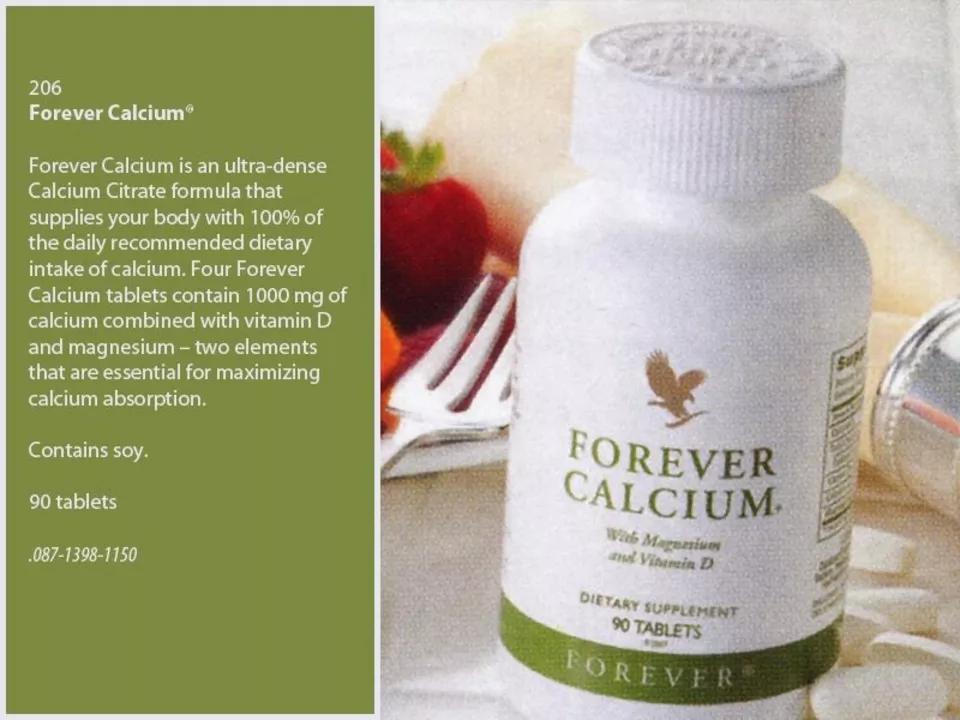In my latest blog post, I delve into the world of calcium supplements and help you unlock their power for optimal health. I've explored the various types of calcium available in supplements, their benefits, and how to choose the right one for your needs. I also discuss the importance of considering factors such as vitamin D and magnesium for better absorption. Don't miss this ultimate guide to navigating the world of calcium supplements and ensuring you make the best choice for your health. Head over to my blog to learn more and get started on your journey to stronger bones and improved overall wellness.
Calcium: What It Does and How to Get Enough
Did you know that over half of the body's calcium lives in your bones? Without enough of this mineral, you risk weak bones, muscle cramps, and even heart rhythm issues. Luckily, staying on top of calcium isn’t hard if you know where to look and what to avoid.
Why Calcium Matters
Calcium helps keep your skeleton strong, but it also powers muscle contractions, blood clotting, and nerve signaling. When you lift a weight or smile, calcium ions flash in and out of cells to make the movement happen. Low levels can leave you feeling shaky or fatigued, and long‑term deficiency may lead to osteoporosis – a condition where bones become porous and break easily.
Beyond bone health, calcium supports heart function by regulating the electrical signals that keep your heartbeat steady. Studies show people with adequate calcium intake often have lower blood pressure and fewer irregular beats. So, think of calcium as a multi‑tasker that keeps several vital systems running smoothly.
Getting Enough Calcium Daily
The easiest way to hit your calcium goal is through food. Dairy classics like milk, cheese, and yogurt pack about 300 mg per serving. If you’re dairy‑free, leafy greens such as kale and bok choy provide roughly 150–200 mg per cup, while fortified plant milks often match cow’s milk in calcium content.
Don’t overlook canned fish with bones – sardines or salmon are surprisingly rich in calcium (around 300 mg per half‑cup). Nuts and seeds add a bonus too; a handful of almonds gives about 75 mg, and sesame seeds sprinkle another 90 mg on salads.
If you struggle to meet the recommended 1,000–1,200 mg per day through meals alone, a supplement can fill the gap. Look for calcium carbonate or citrate tablets; carbonate is cheap but needs stomach acid, while citrate works well even if your digestion isn’t strong. Take supplements with food to boost absorption and avoid stomach upset.Beware of overdoing it – too much calcium can cause kidney stones or interfere with iron and zinc uptake. Stick to the label’s dosage and talk to a pharmacist if you’re already on other meds, especially blood thinners.
Vitamin D is the sidekick that helps your body absorb calcium efficiently. Sunlight exposure for 10‑15 minutes a day or a daily vitamin D supplement (800–1,000 IU) can make a big difference. Without enough vitamin D, even a calcium‑rich diet might not raise bone density.
Finally, timing matters. Spread your calcium intake throughout the day instead of loading it all at dinner. Your gut absorbs about 500 mg at once, so smaller doses keep the absorption rate high.
Bottom line: focus on a mix of dairy or fortified alternatives, leafy greens, fish with bones, and a sensible supplement if needed. Pair it with vitamin D, stay hydrated, and you’ll give your body the calcium support it craves – keeping bones strong, muscles steady, and heart rhythm regular.

